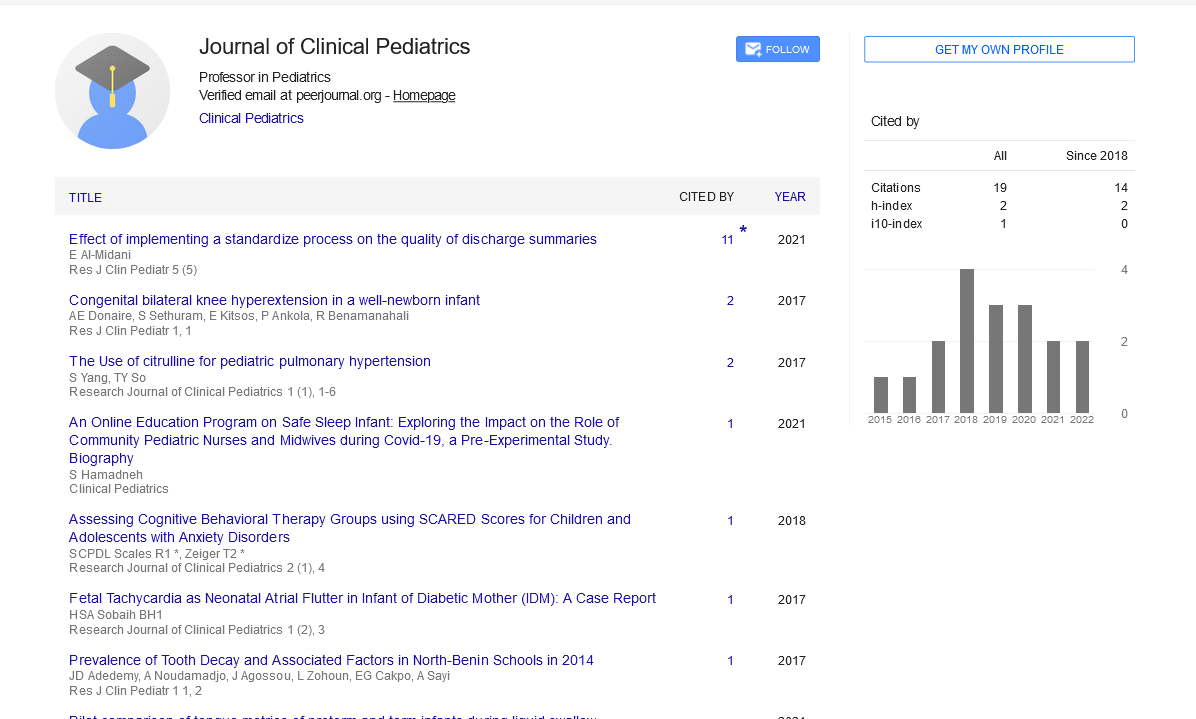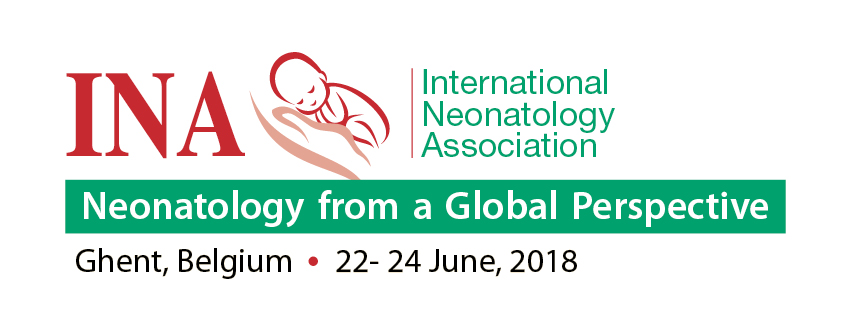Short Communication, Res J Clin Pediatr Vol: 5 Issue: 5
New age for pediatrics Oncology?
Childhood cancer is a success story of modern medicine in which effective treatments have been identified for previously untreatable diseases. Treatment toxicity continues to be substantial despite advances in supportive care, and while survival rates have improved, cures for many with high risk and metastatic disease are not achievable despite aggressive surgical, chemotherapeutic and radiotherapy combination. The cure rates in pediatric oncology have been improved due to standardized treatment strategies and centralization of therapy. Much progress has been made using chemotherapeutic agents and treatment modalities introduced decades ago with refinement to improve disease-free survival. Better understanding of treatment-related toxicity has guided the design of less-toxic therapies. Elucidation of the principles of tumor biology and the development of novel laboratory technologies have led to significant progress, as bringing immunotherapies to the bedside. Understanding the molecular basis are changing the landscape of molecular genetic and genomic testing that may be used to identify risk factors, although the clinical utility of such testing is unclear. Molecular subtyping is instrumental towards selection of model systems for fundamental research in tumor pathogenesis (as new medulloblastoma disease classification) and clinical patient assessment. Can also be used to identify variants that influence drug metabolism or interaction of a drug with its cellular target, allowing customization of choice of drug and dosage. There has been significant progress in the clinical development of monoclonal antibodies as cancer therapies with promising results emerging from pediatric studies. Dramatic progress in scientific discovery and technology has led to rapid development and translation of therapies for the clinic. The challenge to the field of pediatric oncology is to develop biologic based approaches that enhance the benefits of standard therapies, lessen toxicity, and extend the gains in survival to those high-risk groups that have not benefited from standard treatment.
Abstract
Childhood cancer is a success story of modern medicine in which effective treatments have been identified for previously untreatable diseases. Treatment toxicity continues to be substantial despite advances in supportive care, and while survival rates have improved, cures for many with high risk and metastatic disease are not achievable despite aggressive surgical, chemotherapeutic and radiotherapy combination. The cure rates in pediatric oncology have been improved due to standardized treatment strategies and centralization of therapy. Much progress has been made using chemotherapeutic agents and treatment modalities introduced decades ago with refinement to improve disease-free survival. Better understanding of treatment-related toxicity has guided the design of less-toxic therapies. Elucidation of the principles of tumor biology and the development of novel laboratory technologies have led to significant progress, as bringing immunotherapies to the bedside. Understanding the molecular basis are changing the landscape of molecular genetic and genomic testing that may be used to identify risk factors, although the clinical utility of such testing is unclear. Molecular subtyping is instrumental towards selection of model systems for fundamental research in tumor pathogenesis (as new medulloblastoma disease classification) and clinical patient assessment. Can also be used to identify variants that influence drug metabolism or interaction of a drug with its cellular target, allowing customization of choice of drug and dosage. There has been significant progress in the clinical development of monoclonal antibodies as cancer therapies with promising results emerging from pediatric studies. Dramatic progress in scientific discovery and technology has led to rapid development and translation of therapies for the clinic. The challenge to the field of pediatric oncology is to develop biologic based approaches that enhance the benefits of standard therapies, lessen toxicity, and extend the gains in survival to those high-risk groups that have not benefited from standard treatment.
 Spanish
Spanish  Chinese
Chinese  Russian
Russian  German
German  French
French  Japanese
Japanese  Portuguese
Portuguese  Hindi
Hindi 
